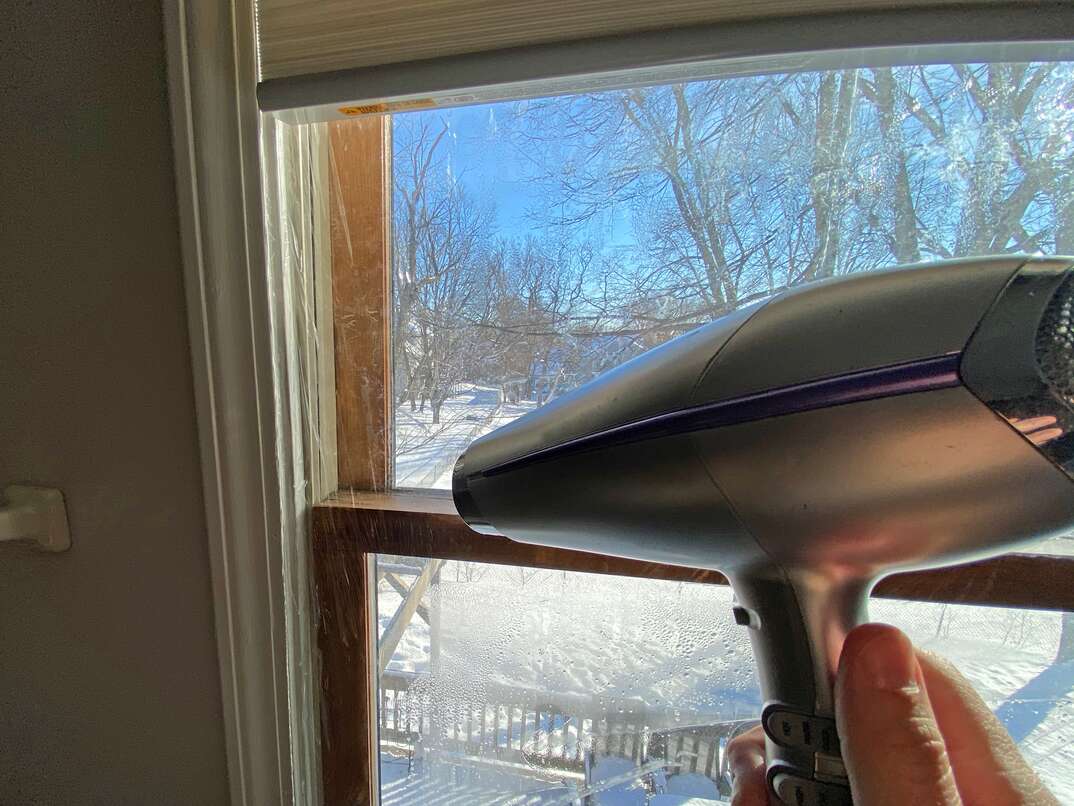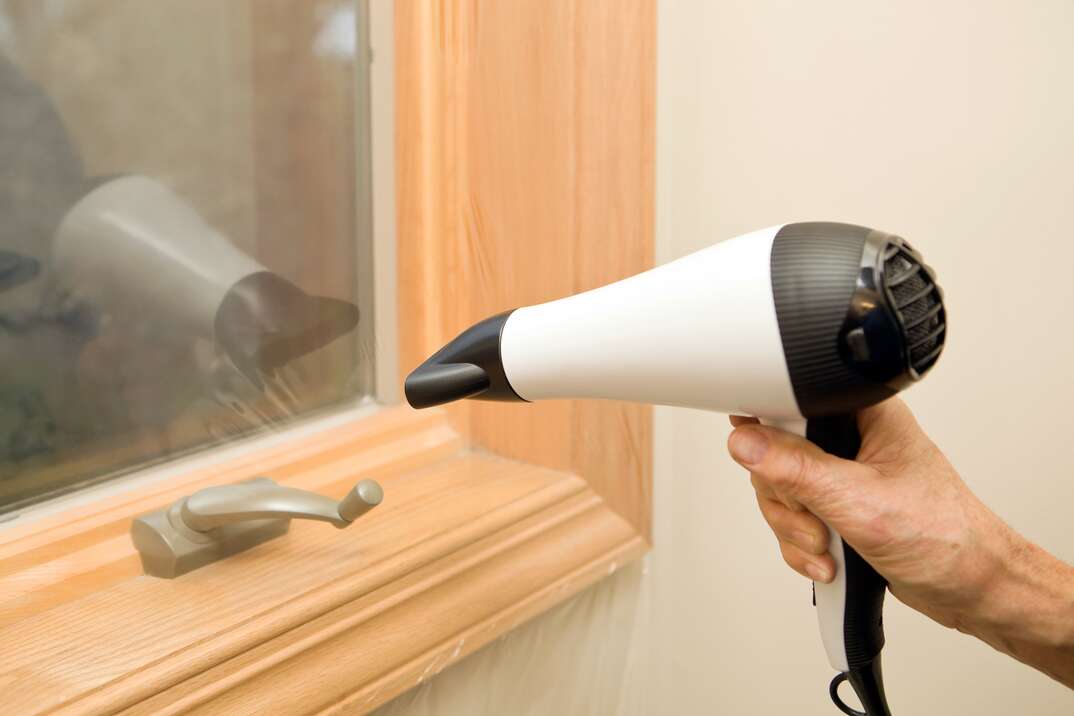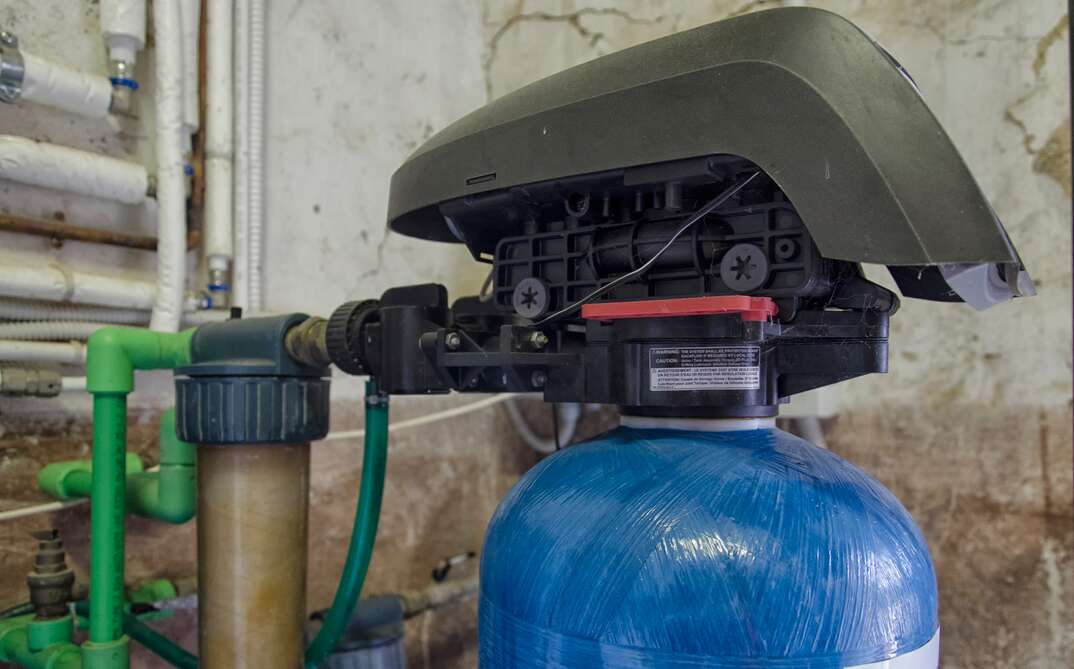Home Maintenance Checklist for Renters
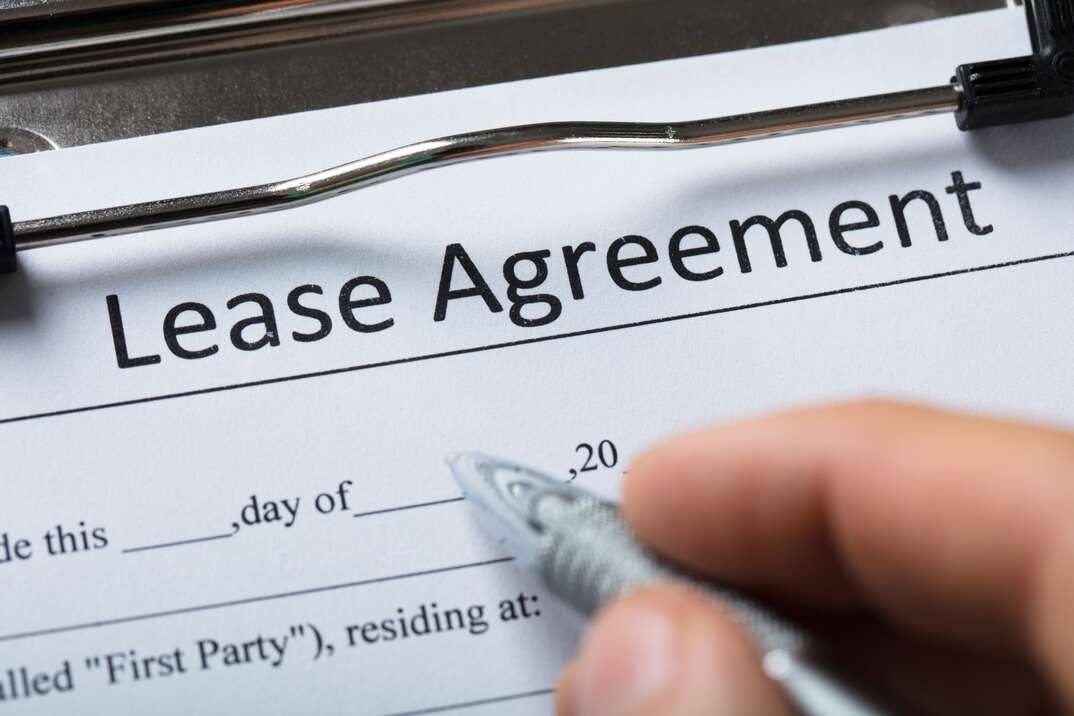
For homeowners, home maintenance expectations are pretty straightforward. But for renters, the maintenance expectations can feel a little murkier. What are tenants responsible for when maintenance issues arise, and what repairs fall to the landlord?
This May Also Interest You: How to Get Your Apartment Security Deposit Back
While there’s no universal renter maintenance checklist that applies to all rental situations, there are certain tasks for which renters are generally responsible.
What Home Systems or Tasks Are Typically a Renter’s Responsibility?
Although the maintenance expectations can vary quite a bit depending on each specific rental arrangement, there are some home maintenance tasks that most often fall to the renter. Before you proceed on any home maintenance task, make sure you take a close look at the rental agreement for any specific instructions laid out in the lease.
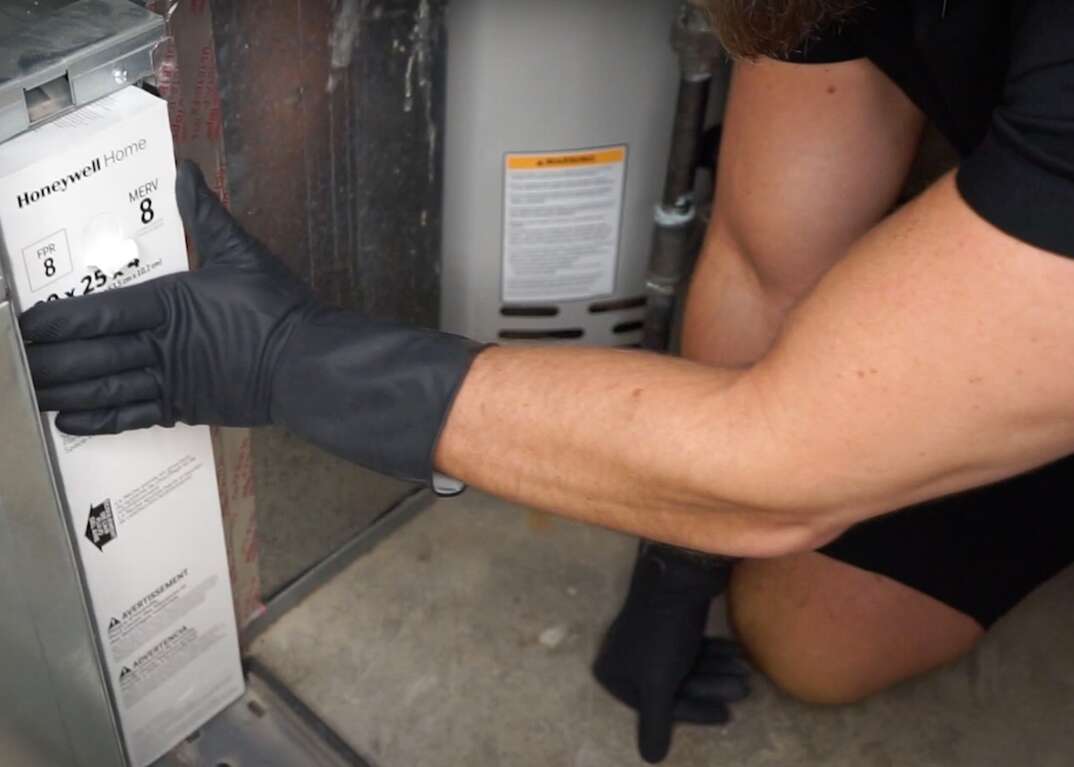
Replacing HVAC Filters
Replacing air filters should be done every three months or so, and typically this task falls to the tenant. Replacing an HVAC filter is quick, easy and inexpensive — unless you spring for a super-duty, allergen-busting filter — but even then, a filter likely shouldn’t cost you more than $30.
Seasonal Maintenance
Are renters responsible for seasonal outdoor jobs like gutter cleaning, leaf raking and grass cutting? Well, that depends on the specific renter agreement, but oftentimes the answer is yes. Whether the job falls to you or the landlord will depend on your agreement, but either way, gutters should be inspected and cleaned at least twice a year; late spring and early fall are usually ideal times for this.
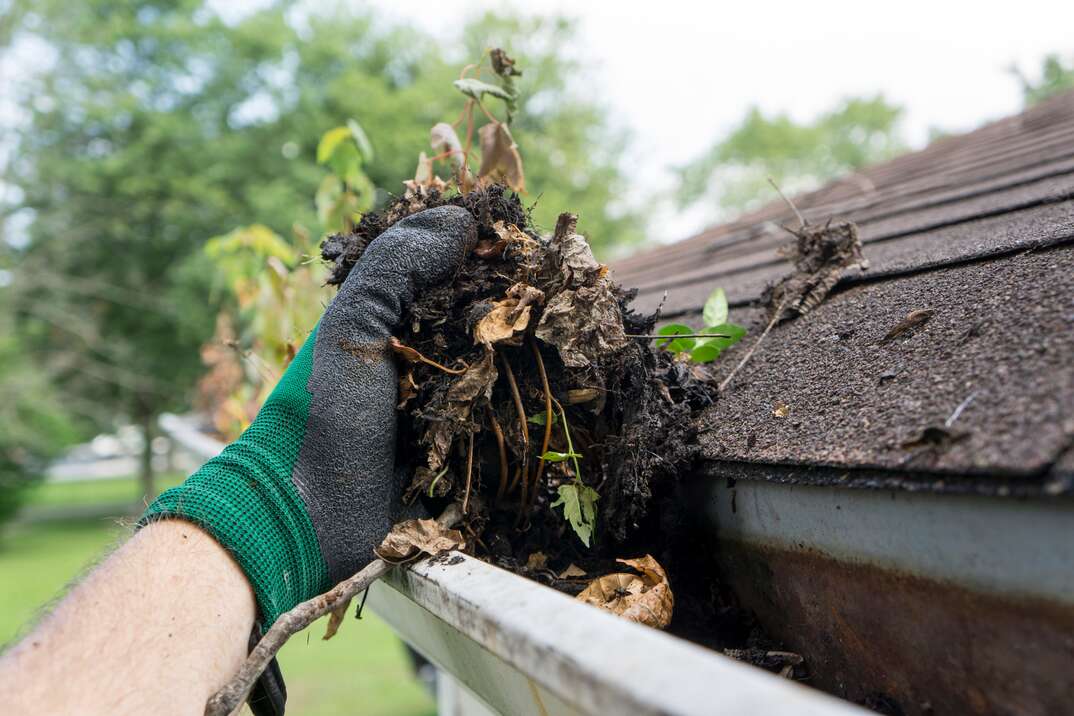
Some landlords include full-service lawn care, which includes grass cutting, leaf raking and tree trimming as part of the rental agreement, but if not, you may be responsible. Plan to mow the lawn weekly in the spring and summer to prevent overgrowth that can make mowing more difficult.
Other outdoor tasks, like branch trimming and leaf removal, should be tended to on an as-needed basis. Keeping leaves away from the house and trimming overhanging or dead branches helps prevent damage to the home. This seasonal outdoor care will also help ensure the landlord doesn’t get fined by a property association or the local municipality for property neglect.
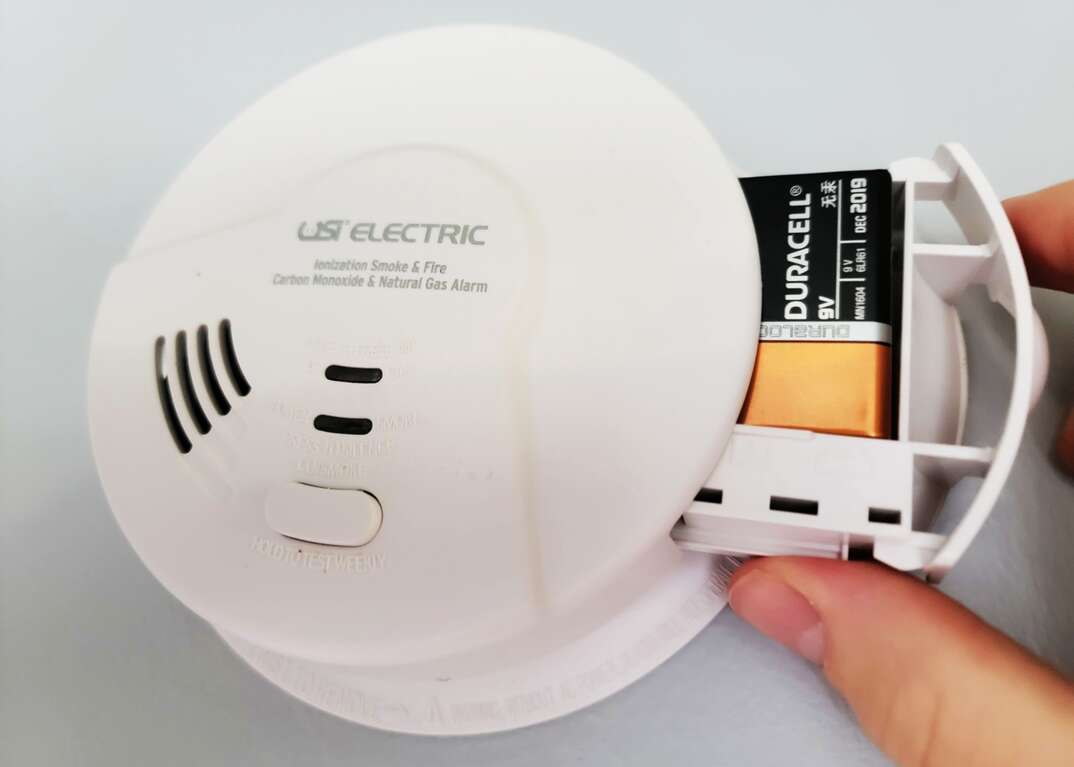
Smoke and Carbon Monoxide Detector Battery Replacement
Replacing batteries is another task that typically falls to renters. Replacing batteries is easy peasy — the only real challenge here is remembering to keep the correct size batteries on hand and having a sturdy ladder on standby for smoke detectors on ceilings. And how do you know when these batteries need replacing? Don’t worry: Both smoke and carbon monoxide detectors are programmed to let you know — and trust us, you’ll know. The periodic, low battery beep of a smoke detector is a special sort of annoying that ensures those batteries get replaced stat.
Bulb Replacement for Fixtures and Appliances
Replacing light bulbs in both fixtures and appliances is another easy and inexpensive task that simply requires having the right bulbs on hand and being able to reach the fixtures in question. You can always take the dead bulb with you when purchasing a new one to ensure you’re getting the right size replacement.
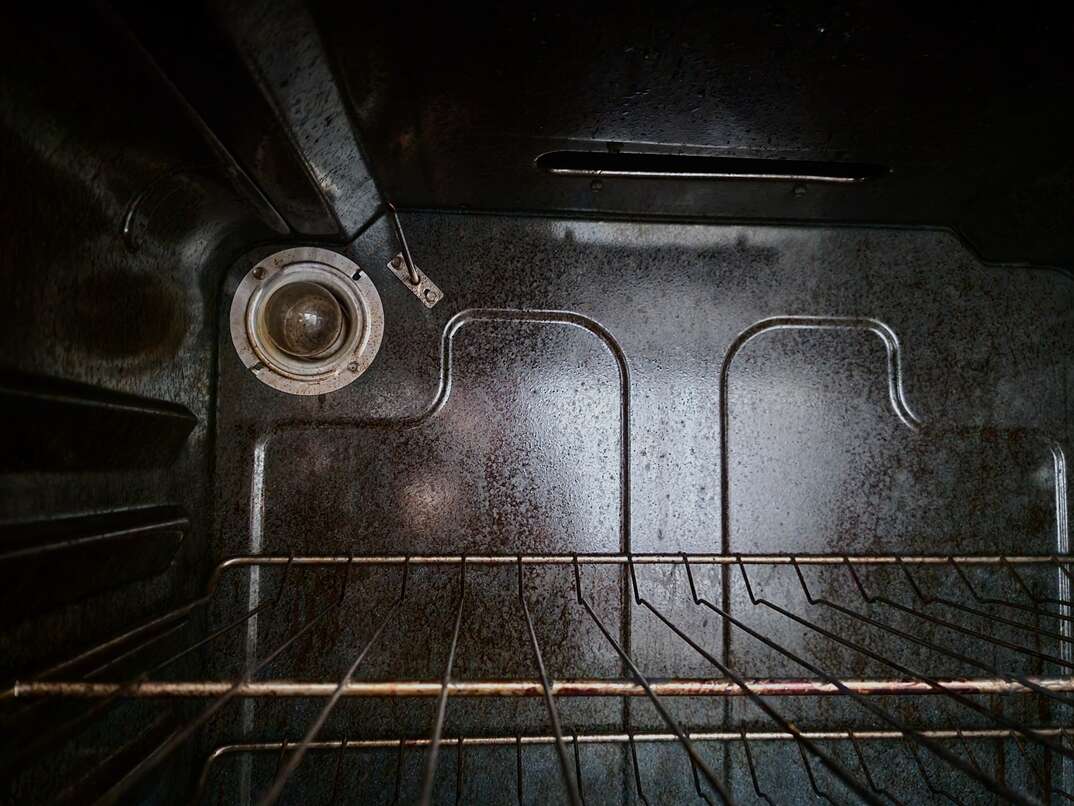
More Related Articles:
- How Much Does Renters Insurance Cost?
- Does My College Student Need Renters Insurance?
- What Is Condo Insurance and What Does It Cover?
- Homeowners Vs. Renters Insurance: What’s the Difference?
- First-Time Homebuyers: Here’s What to Replace First After Moving Into a New House
How Often Should Renters Do These Tasks?
Staying on top of these small jobs can help prevent more costly repairs later down the line. To keep things simple and streamlined, you can make a list of which tasks should be tended to monthly, which ones need to be addressed seasonally, and which can be dealt with on an as-needed basis. Having it all written down will take some of the stress of remembering off your plate and ensure nothing gets missed.
What Tasks Are the Responsibility of a Landlord or Property Manager?
Larger maintenance issues and concerns can be directed to the property manager or landlord. For example, if you notice signs of water damage, have a pest control issue or notice a problem with your water heater, reach out to the landlord immediately. They’ll want to be made aware of larger, potentially dangerous or costly issues like these. Likewise, any emergency repairs should be handled by a landlord or property manager. If you’re ever unsure of whether the task is your responsibility, contact the landlord just to be safe.
The Bottom Line
Maintaining your rental property doesn’t all fall on you, the renter, but there are certain maintenance tasks you’ll likely be responsible for to help keep the home in working order. Before moving in, you’ll likely go through a rental property inspection with either the landlord or property manager to check for any issues that may need addressing. Once you’ve moved in, it’s up to you to reach out if you notice anything amiss or in need of further inspection. Unless it’s an emergency, allow 24 hours for management to respond to the issue.
And, as with all home maintenance tasks, if anything ever feels off or dangerous, don’t risk trying to repair or replace it yourself. Call in a professional, even if that means having to pay out of your own pocket. It’s worth paying a bit extra to keep you safe and ensure the job is done correctly.
Knowing what maintenance tasks you’re responsible for as a tenant will avoid misunderstandings and prevent projects from being neglected, keeping you, your landlord and the home happy.
